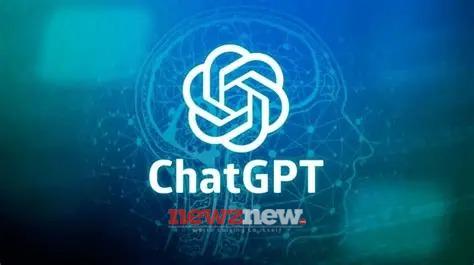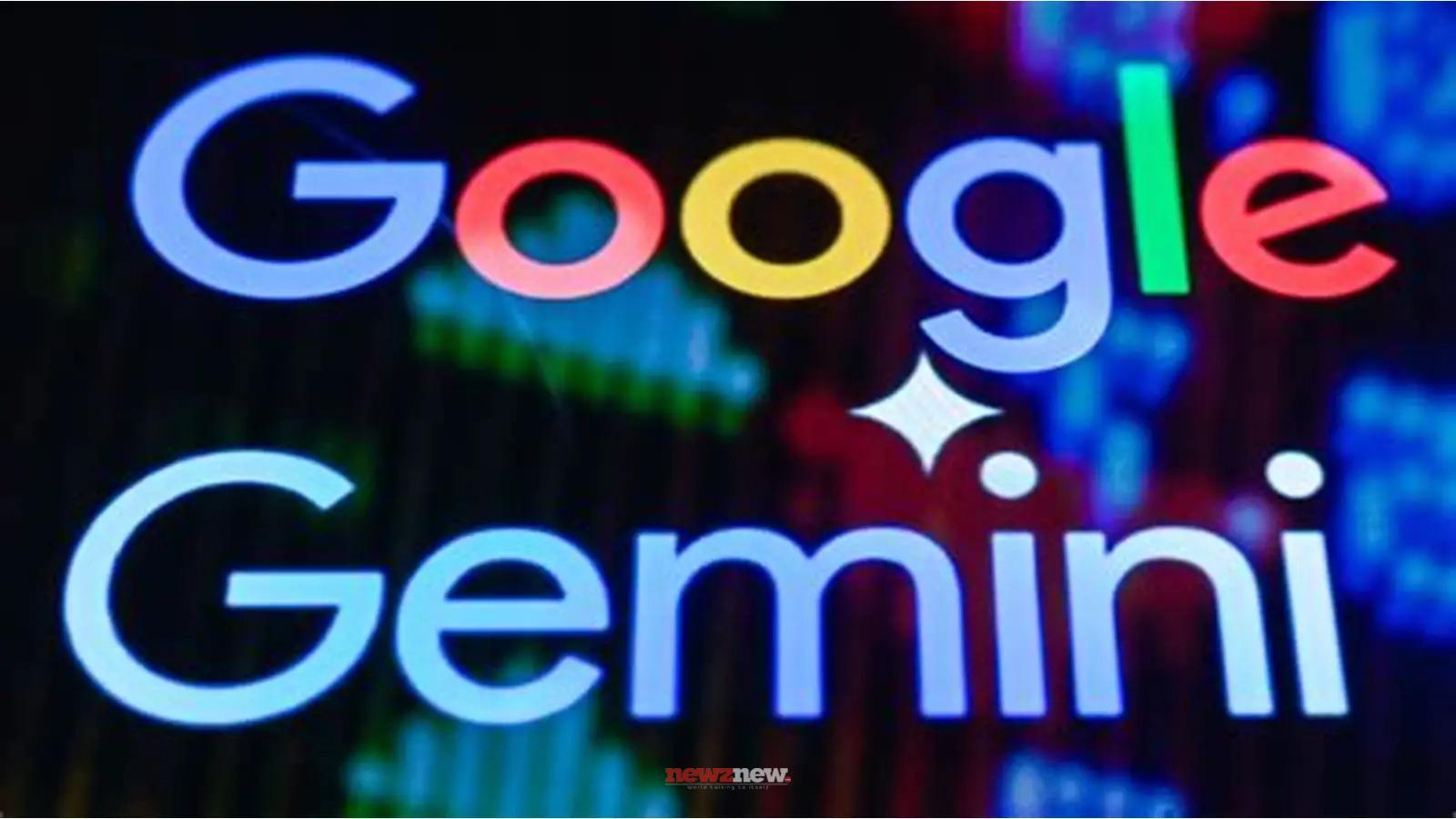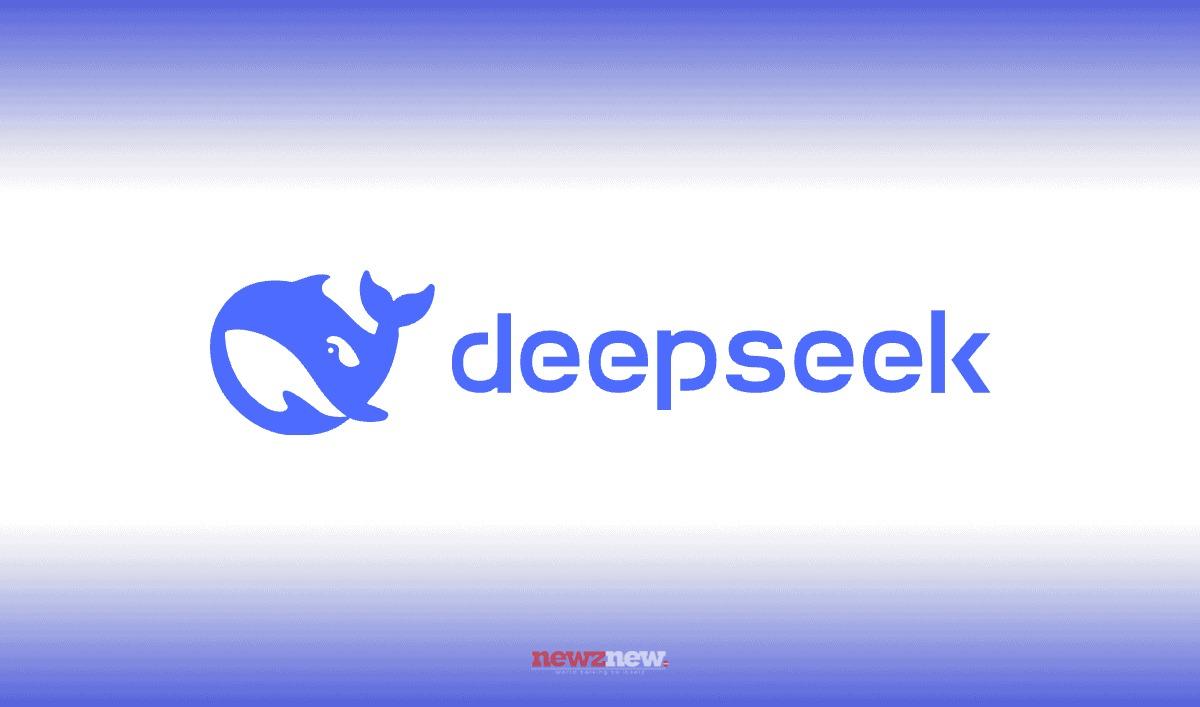Contents
Artificial intelligence is revolutionizing the way Americans work, create, and communicate. Searches for AI tools have skyrocketed in 2025, but not all are deliverables. Drawing from the most authoritative tech sources and usage patterns, here are the top 5 most searched AI tools in America this year—and which ones actually work.
1. ChatGPT — The AI Powerhouse

ChatGPT remains the most used AI tool in America in 2025, with over 321 million monthly visits. Powered by OpenAI’s GPT-4.5, it now acts as a complete digital assistant for writing, coding, brainstorming, and image generation.
What’s Real:
Professionals, students, and developers rely on ChatGPT for daily tasks. Its voice and memory features enable natural, context-aware conversations.
What’s Hype:
It can also generate stale or false information, so human judgment is the key.
Verdict:Real when used judiciously.
2. Google Gemini — The Multimodal Marvel

Previously Bard, Google Gemini boasts its inclusivity across Google Workspace, Android, and Chrome, drawing more than 60 million visits a month.
What’s Real:
Gemini processes real-time data and graphics with ease and provides interactive AI summaries in Google Search.
What’s Hype:
It is not adept at creative writing and extended reasoning like ChatGPT but excels in Google’s ecosystem.
Verdict: Real for productivity, limited for creativity.
3. Claude — The Ethical Conversationalist

Developed by Anthropic, Claude is all about useful, truthful, and secure AI conversations. It receives about six million monthly visitors and robust backing from universities and startups.
What’s Real:
Claude Opus 4.1 is particularly good at reasoning, summarization, and handling large files. It’s highly sought after for research and write copy that has to be accurate.
What’s Hype
Its safety filters can limit creativity or aggressive marketing copy.
Verdict: Real and responsible.
4. Perplexity AI — The Search Engine Revolution

Perplexity AI is an in-real-time AI search engine that has increased more than 8,000% in five years.
What’s Real:
It references its sources, so it’s perfect for fact-checking and research. Its Comet browser and AI shopping capabilities enhance usability.
What’s Hype
Not designed for storytelling or creative purposes, and premium tools come at a cost with paid plans.
Verdict: Real innovation for research.
5. DeepSeek — The Rapidly Rising Dark Horse

DeepSeek is an open-source AI that is quickly on the rise, with an 88% increase in six months.
What’s Real:
Free to use, lightweight, and speedy, it’s perfect for coding, data analysis, and translation.
What’s Hype:
Its interface and ecosystem are not polished relative to leaders.
Verdict: Real for power users, early for mass adoption.
AI Trends in 2025
AI is now part of American daily life. Here are the key trends:
Search-Led AI:** Perplexity and Gemini are among tools revealing users seek real-time, dependable answers.
Human-AI Collaboration:** ChatGPT and Claude facilitate hybrid workflows that integrate human guidance and AI automation.
Accessibility and Ethics:** DeepSeek advocates for open access, and Claude maintains safety and transparency.
Numerous new startups promise too much and disappear fast, so users should test tools for actual value before embracing them.
Riding the AI Wave
* Target keywords such as “best AI tools 2025,” “AI search tools,” and “ChatGPT alternatives.”
* Produce clear, long-form, fact-based copy to satisfy Google’s E-E-A-T criteria.
* Employ useful examples and voice and featured snippet optimization.
2025’s AI race winners are usability, trust, and creativity joined together. ChatGPT excels at versatility, Gemini at productivity, Claude at ethics, Perplexity at research, and DeepSeek at open innovation. AI in 2025 isn’t substituting for human intellect—it’s augmenting it. The most brilliant users aren’t wondering if AI will transform their world—they’re discovering how to harness it.






